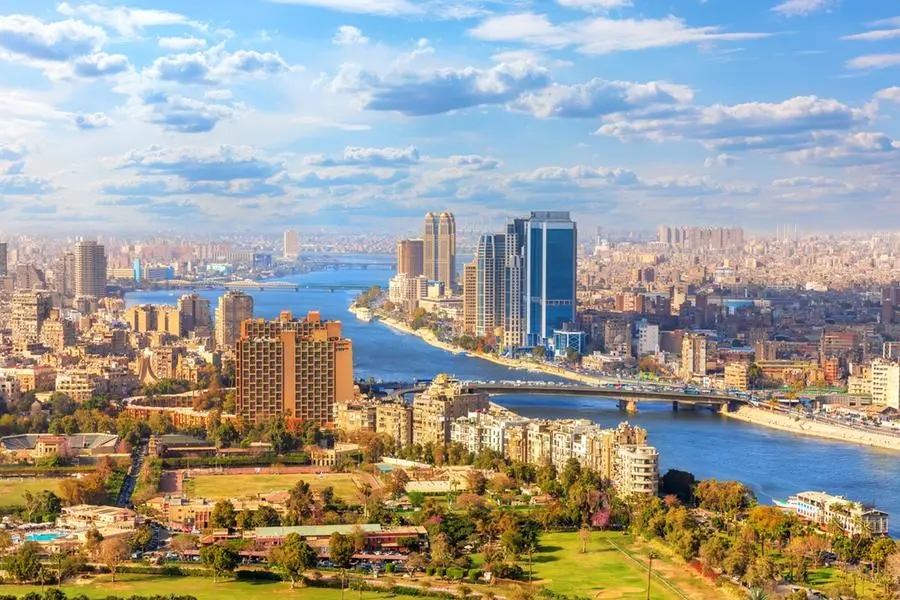PHOTO
Egypt’s non-oil private sector is still experiencing deteriorating business conditions but at the slowest rate for 22 months.
The Purchasing Managers’ Index for the country rose from 47.8 in May to 49.01 in June but is still below the threshold which indicates economic expansion of 50.0, according to the S&P Global Egypt PMI report released today.
While the decline is continuing, data indicates it was only marginal overall, the report said.
Inflationary pressures have eased from peaks seen in January, but the level of employment dipped for a seventh month in a row, but at a marginal level.
However, there was subdued confidence towards the 12-month outlook, which was at its weakest level since 2012 and second lowest on record.
The report said overall input cost inflation eased to a 16-month low, driven by a slower uptick in purchase costs. Output prices followed suit, rising at a weaker pace than in May.
The survey indicated price pressures, liquidity issues and weak demand drove total business activity volumes lower at the end of the second quarter. Output and input both fell, but at softer rates, and while high prices and subdued economic conditions, some companies saw an uplift in certain parts of the market.
Joe Hayes, principal economist at S&P Global Market Intelligence said despite positive directional movements in number of sub-incides, falling business confidence highlighted a sombre mood amongst businesses.
“If key survey indicators such as output and new orders can sustain their upward current trajectory, we may see an improvement in business sentiment in the coming months,” he said.
(Writing by Imogen Lillywhite; editing by Seban Scaria)
( imogen.lillywhite@lseg.com)





















